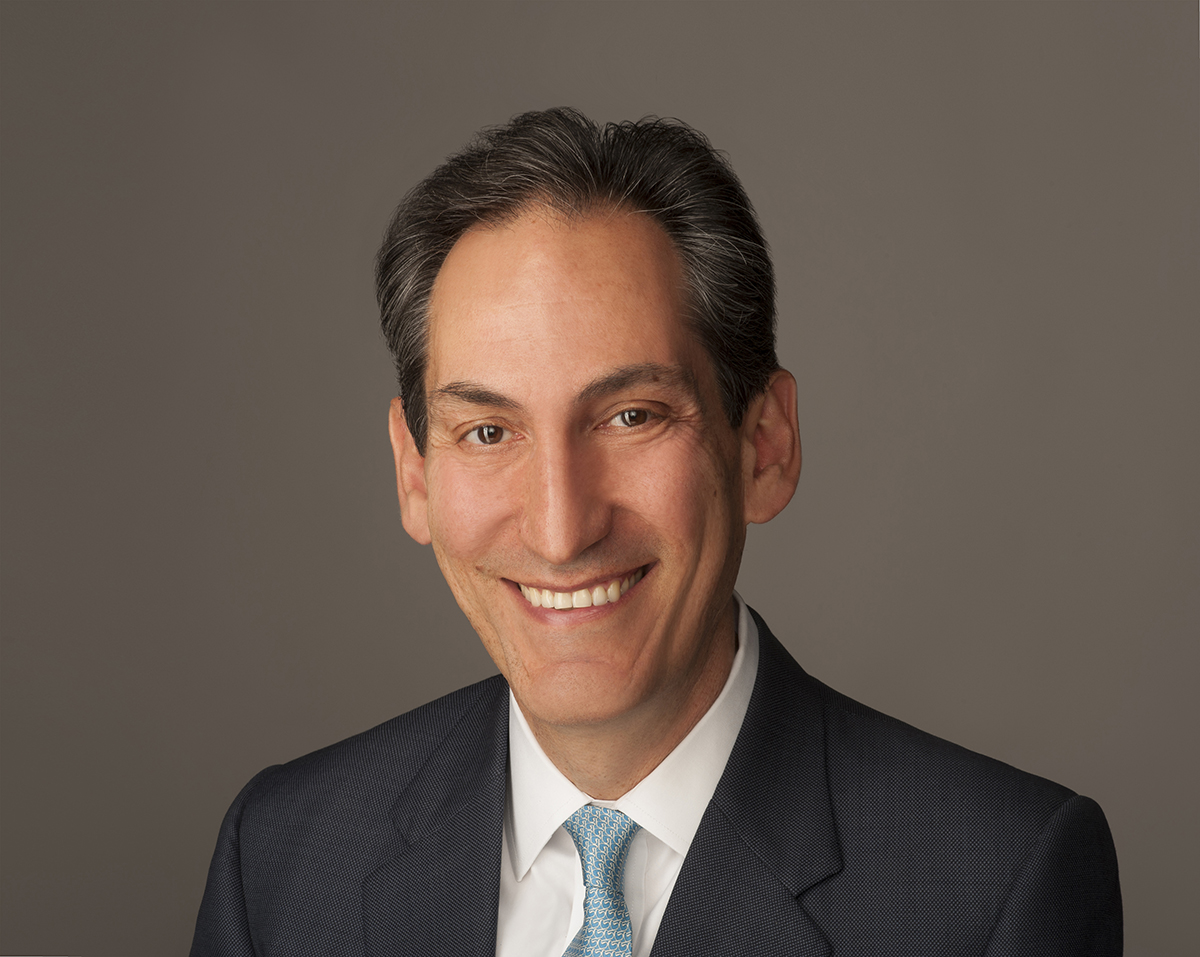It’s not easy keeping up with the Middle East. Just ask Jon Alterman.
“I read five newspapers a day and follow another 10 websites,” Alterman said. “I meet people all the time and they email me things. Sometimes I hear parts of stories that aren’t widely reported, and sometimes I just see things that the general reader would miss because they’re just reading one newspaper.”
Alterman keeps in touch with academics, journalists, people in government, and businessmen in the region. At 10:45 a.m. Wednesday in the Amphitheater, Alterman will draw on his years of expertise and connections to explain why turmoil continues to ravage the Middle East and why Americans should care, in his lecture “The Middle East Amidst a Storm.”
The average American struggles to keep up with the sheer amount of news coming out of the Middle East.
“It’s a lot of coverage in absolute terms. There’s more coverage of the Middle East than there is of Latin America,” Alterman said, referring to civil wars in El Salvador and Nicaragua in which the United States is involved.

“But compared to the number of things going on in the Middle East, a lot of them don’t get any coverage.”
These days, most people aren’t interested in reading news about the Middle East unless they’re human interest or opinion pieces, and media outlets need to make money to pay for coverage.
“The media are market-driven, and most consumers don’t care anymore,” Alterman said. “People wanted to know when it was new, and the media spent a lot of money embedding a lot of people with U.S. troops in Iraq.”
But now, the new news smell has faded.
“Most people are throwing up their hands about the Middle East,” Alterman said. “People tell me, ‘People in the Middle East have been fighting for 3,000 years, and they’ll fight for another 3,000 years. So why should we care?’ ”
Beyond the daily deluge of media coverage, the multitude of factors that contribute to instability in the Middle East sometimes leaves Americans confused and apathetic. Part of understanding how the region arrived at its present state involves the difference between conflicts as old as the region itself and more recent developments.
“There’s a history of ethnic and sectarian tensions. In places like Iraq, there are traditions of violence that go way back,” Alterman said. “You’ve got some newer issues, like the drop in energy prices, and countries worried about whether the U.S. will be on board with them for the future or not.”
There’s no shortage of problems, according to Alterman. And Islam, he said, often gets too much blame for those problems.
“Islam is a larger category than people want it to be,” Alterman said, pointing out that Christianity often doesn’t get evaluated in terms of the atrocities committed in its name. “Christianity encompasses Presbyterians and the people who prosecuted the Crusades and burnt down mosques and synagogues with people inside them. I don’t know what that tells you about Christianity when you talk about it in those terms.”
The difference between Islam and extremism, Alterman said, depends on whether Muslims condone terrorism or reject it.
“There are a number of ongoing battles within Islam to articulate what the true meaning of the religion is,” Alterman said. “There’s a huge amount of diversity within Islam, and many Muslims are deeply concerned about what is done in the name of Islam and aren’t sure what to do about it because that’s not the Islam that they know.”
So who gets to say what Islam is?
“The fact is there hasn’t been an authoritative single voice for Islam for 1,400 years,” Alterman said. “Islam doesn’t have a Pope.”
Abu Bakr al-Baghdadi, the leader of the Islamic State group, aspires to be a pope of sorts for extremists. But for now, al-Baghdadi doesn’t have much support beyond what Alterman estimates to be 100,000 followers.
“That wouldn’t even get you to be the mayor of a small city,” Alterman said.
That’s not to say ISIS isn’t a credible threat.
“If tens of thousands of people are willing to die for a cause, and they canvass the world for soft targets, they will be able to draw attention to their cause,” Alterman said.
There are a number of ongoing battles within Islam to articulate what the true meaning of the religion is,” Jon Alterman said. “There’s a huge amount of diversity within Islam, and many Muslims are deeply concerned about what is done in the name of Islam and aren’t sure what to do about it because that’s not the Islam that they know.”
By commanding worldwide attention, jihadis can cultivate hostility between Western countries and the Middle Eastern population and eventually force out pro-Western governments.
“That’s why finding some idiot to drive a truck into people is a bonanza — because it takes almost no technology, almost no money, and you see headlines for a week,” Alterman said.
However, Alterman doesn’t think it’s productive or necessary to get everybody in the Middle East to have a favorable opinion of the United States.
“There are different levels of hostility,” Alterman said. “If we can move some bulk of people from murderous hostility to grudging discontent, we should consider that a victory.”
To further complicate matters, ISIS strategically widens its appeal by making itself indispensable to citizens in the territories it controls.
“They create the security dilemma which makes people want protection from ISIS,” Alterman said. “When you have ISIS embedded in communities, often Sunni communities, then people consider all Sunnis a threat. As a Sunni Muslim, you may be attacked as a suspected member of ISIS, and then your best alternative at that point is to get protection from ISIS.”
Problems in the Middle East aren’t confined to the Middle East, according to Alterman. The United States has an interest in ending the conflict partly because animosity makes it difficult for allies to cooperate. But when it comes to Arab-Israeli peace in particular, Alterman said both parties don’t have sufficient motivation to find a solution as of yet.
“Each side feels they’ll get a better deal later,” Alterman said. “It will be a right time for negotiation when both sides feel there is an urgency and a necessity to make a deal. I don’t think either side feels there is either urgency or necessity. Unless you can create that, you’ve got a problem.”
The ostensible lack of urgency stems, in part, from human nature to which world leaders are not immune.
“Part of human nature is not to want to pay costs now for an uncertain benefit later,” Alterman said.





